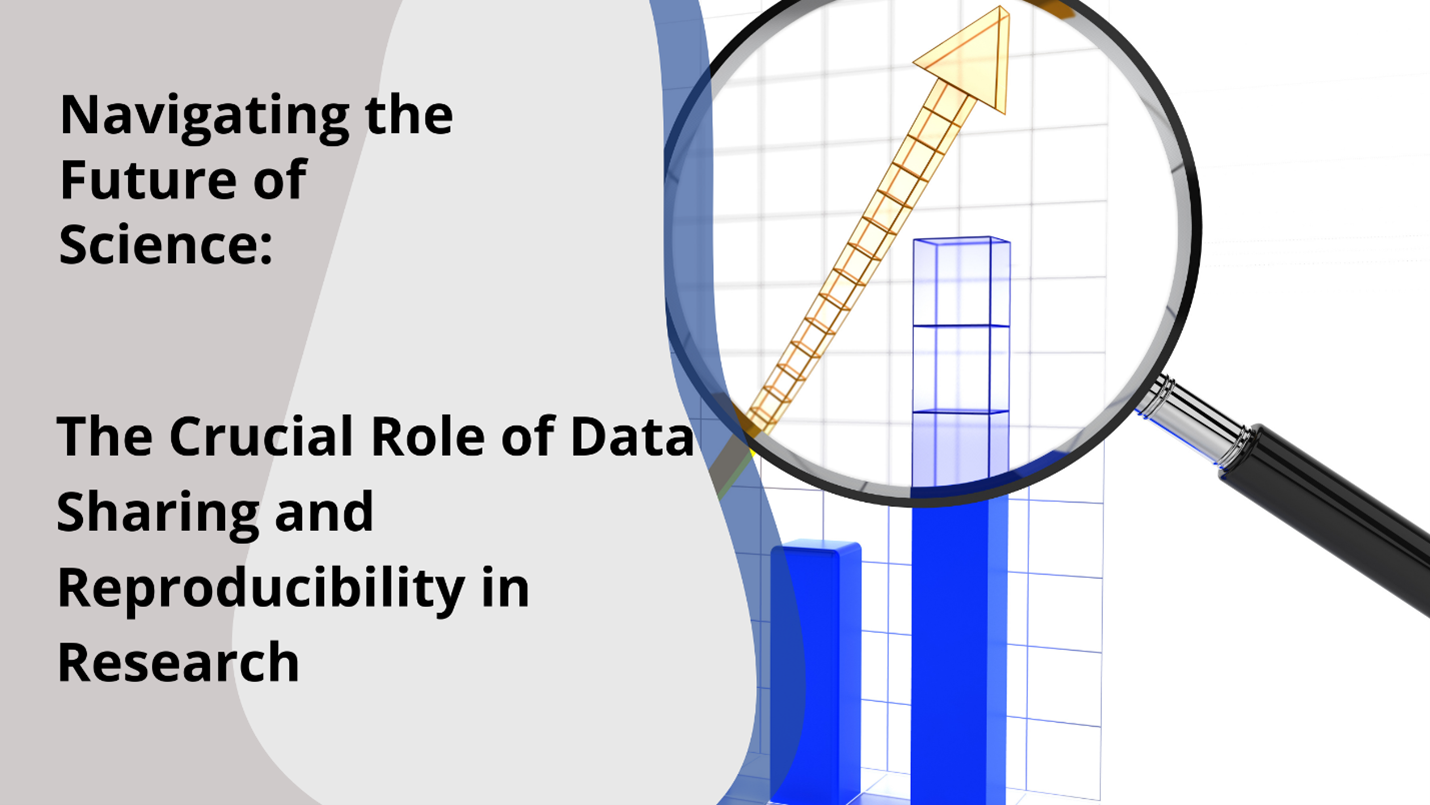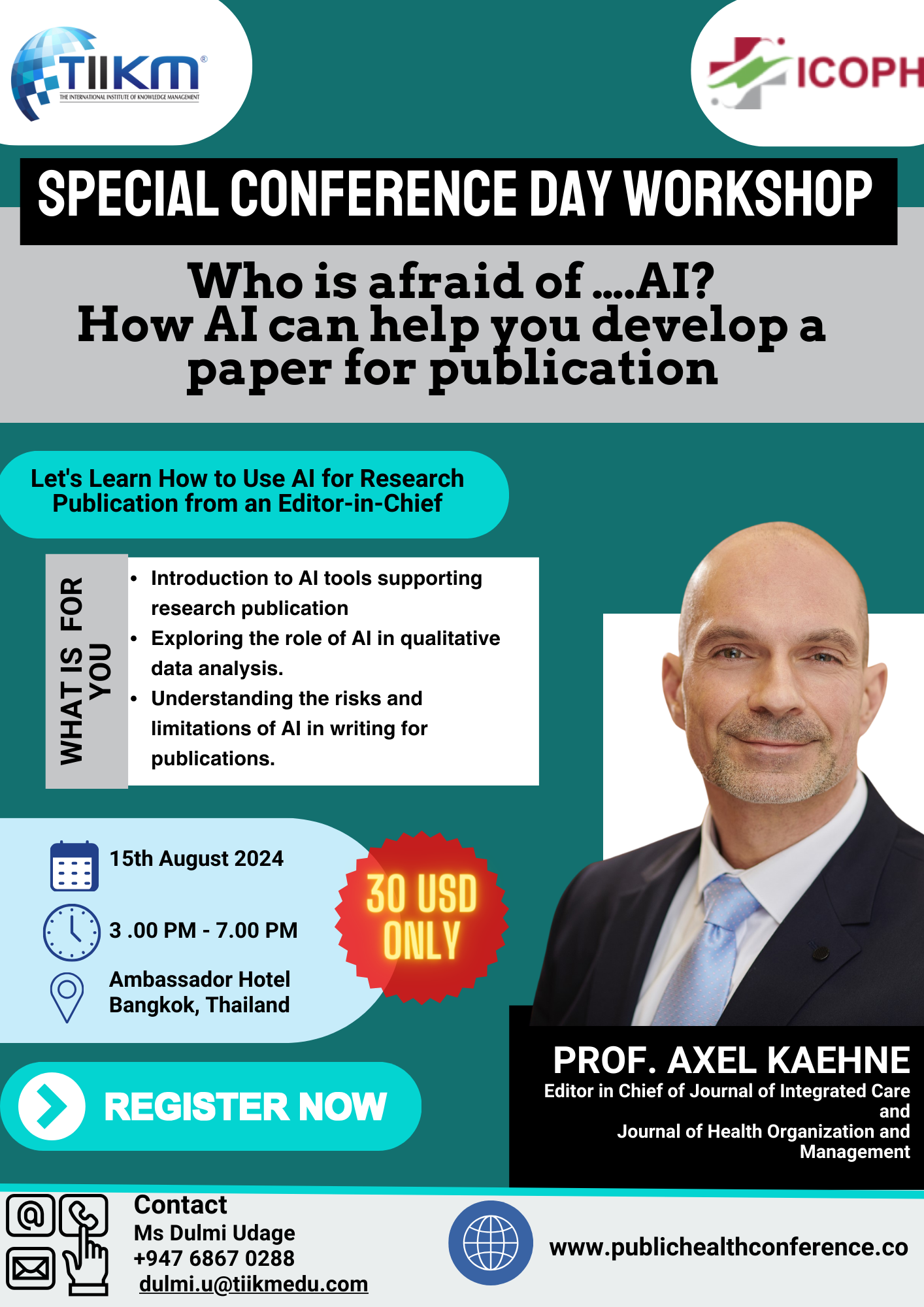Navigating the Future of Science: The Crucial Role of Data Sharing and Reproducibility in Research

Introduction
In the evolving landscape of scientific research, two concepts have emerged as pillars of modern scientific integrity: data sharing and reproducibility. These practices are not just beneficial; they are essential for the advancement of science. This blog explores the importance of these practices, the challenges they face, and the impact they have on the future of research.
The Importance of Data Sharing in Research
Defining Data Sharing
Data sharing in research refers to the practice of making research data available to other investigators. This might include raw data, software, methodologies, and other resources used to achieve research findings.
Benefits
Enhancing Transparency: Data sharing promotes transparency, allowing others to validate findings and build upon existing work.
Facilitating Collaboration: By sharing data, researchers open the door to new collaborations, often leading to cross-disciplinary breakthroughs.
Advancing Science: Shared data accelerates scientific discovery. For instance, the sharing of genetic data has rapidly advanced our understanding in fields like epidemiology and personalized medicine.
Reproducibility in Scientific Research
Defining Reproducibility
Reproducibility refers to the ability to duplicate the results of a study using the same methods and data. It’s a fundamental aspect that underpins the credibility of scientific research.
Challenges to Reproducibility
Researchers often face hurdles like variability in experimental conditions, a lack of detailed methodology, or limited access to original data, all of which can impede reproducibility.
The Reproducibility Crisis
Some fields are currently grappling with a ‘reproducibility crisis.’ Studies in fields like psychology and biomedical sciences have shown that a disturbing number of research findings cannot be replicated, raising questions about the reliability of these findings.
Overcoming Barriers to Data Sharing and Reproducibility
Cultural Barriers
There are cultural and institutional barriers to data sharing, including the fear of being scooped or losing competitive advantage. Overcoming these requires a cultural shift towards valuing collaborative and transparent practices.
Technical Solutions
Technological advancements, like cloud-based platforms and advanced data repositories, are making it easier to share and access data.
Policy and Funding
Changes in policy and funding agency requirements are also crucial. Increasingly, grants are tied to data sharing plans, incentivizing researchers to embrace open data practices.
Case Studies and Success Stories
Success Stories: The Human Genome Project is a stellar example of how data sharing can revolutionize a field. The open sharing of genetic data propelled advances in numerous areas of medicine and biology.
Learning from Failures: Conversely, the retraction of high-profile papers due to irreproducible results underscores the necessity of transparent and replicable research.
The Road Ahead
Future Trends
Emerging trends like open science and the FAIR (Findable, Accessible, Interoperable, and Reusable) data principles are shaping the future of research. These trends advocate for more open and accessible data.
Call to Action for Researchers
Researchers are encouraged to adopt practices that support data sharing and reproducibility. This includes thorough documentation, using open formats, and participating in community standards for data sharing.
Conclusion
The future of research is transparent, collaborative, and reproducible. By embracing data sharing and reproducibility, researchers can ensure that their work contributes to a robust and dynamic scientific community.
Additional Resources
For those interested in diving deeper, resources like the Open Science Framework, FAIR data principles, and various data repository platforms offer valuable information and tools for embracing these practices in research.
Subscribe Us
Join the mailing list to receive all updates and news from TIIKM Publishing
Copyright © 2022 TIIKM Publishing, All Rights Reserved. | Designed by TIIKM – IT Team








